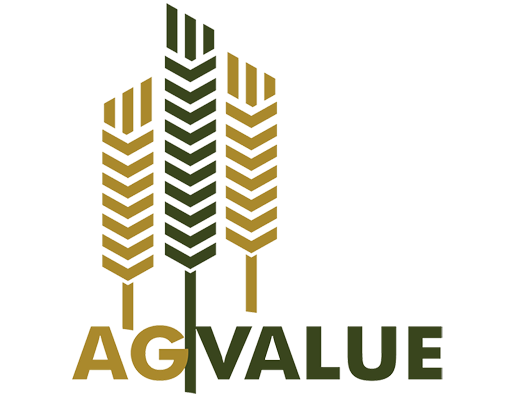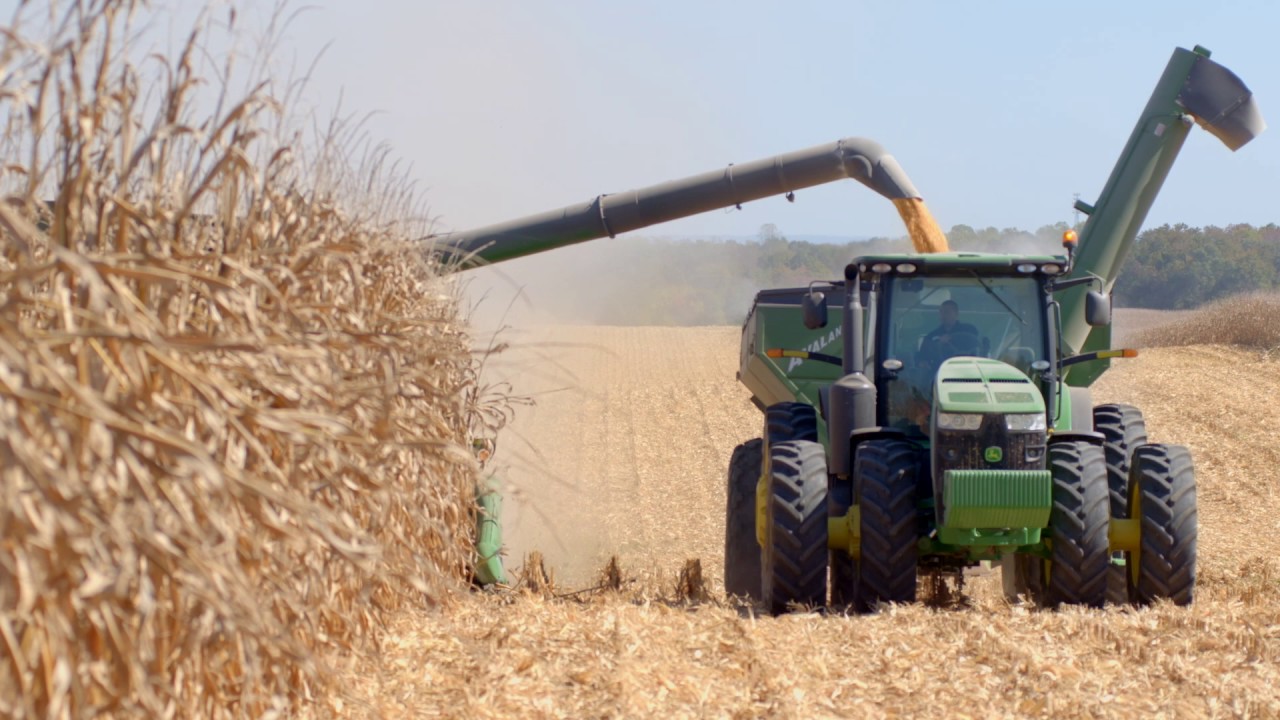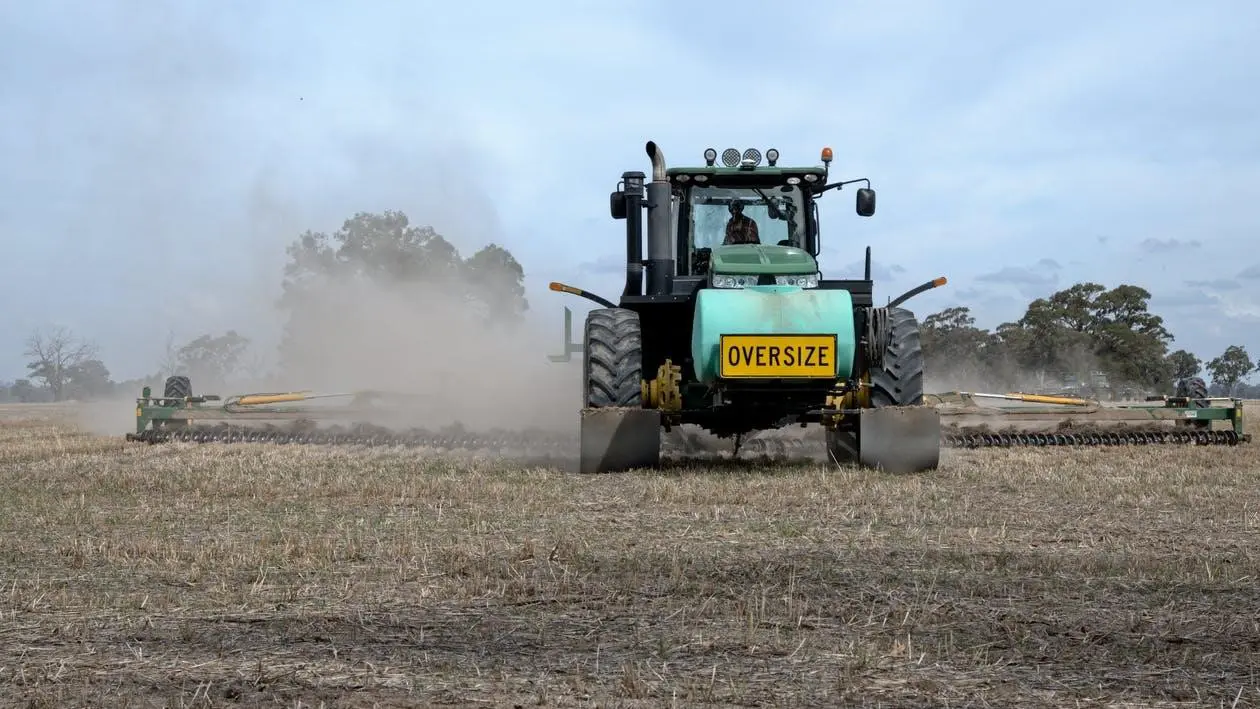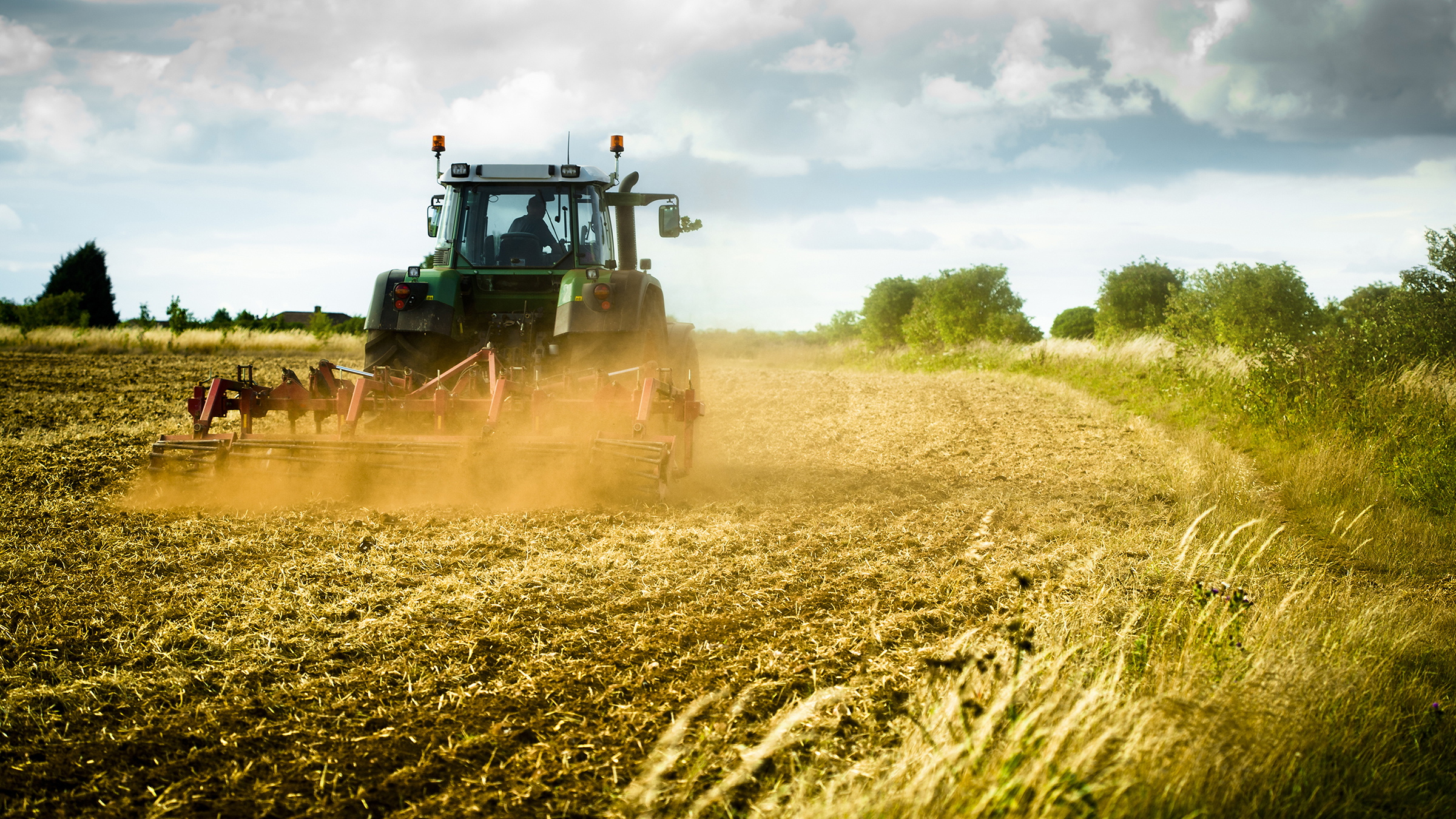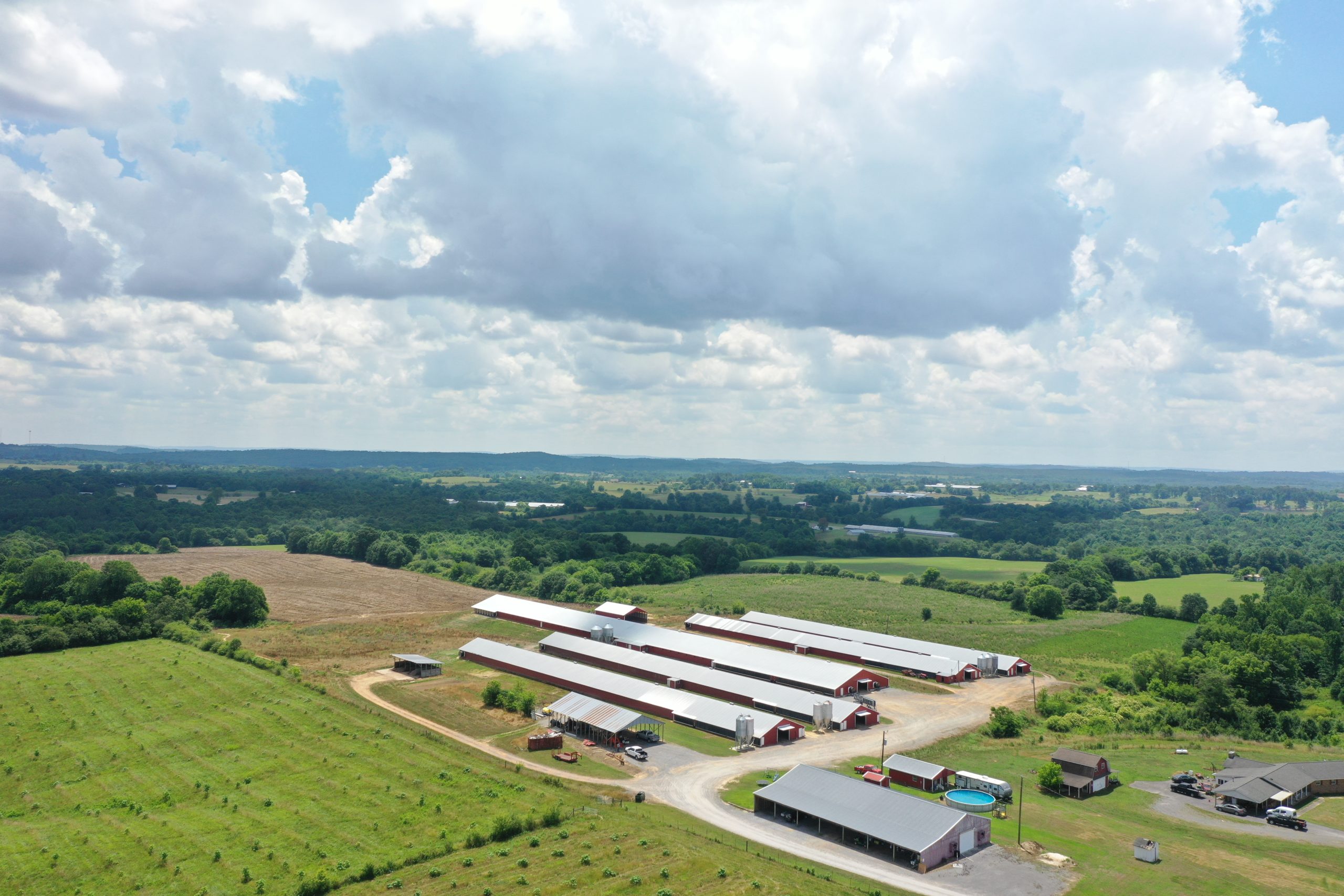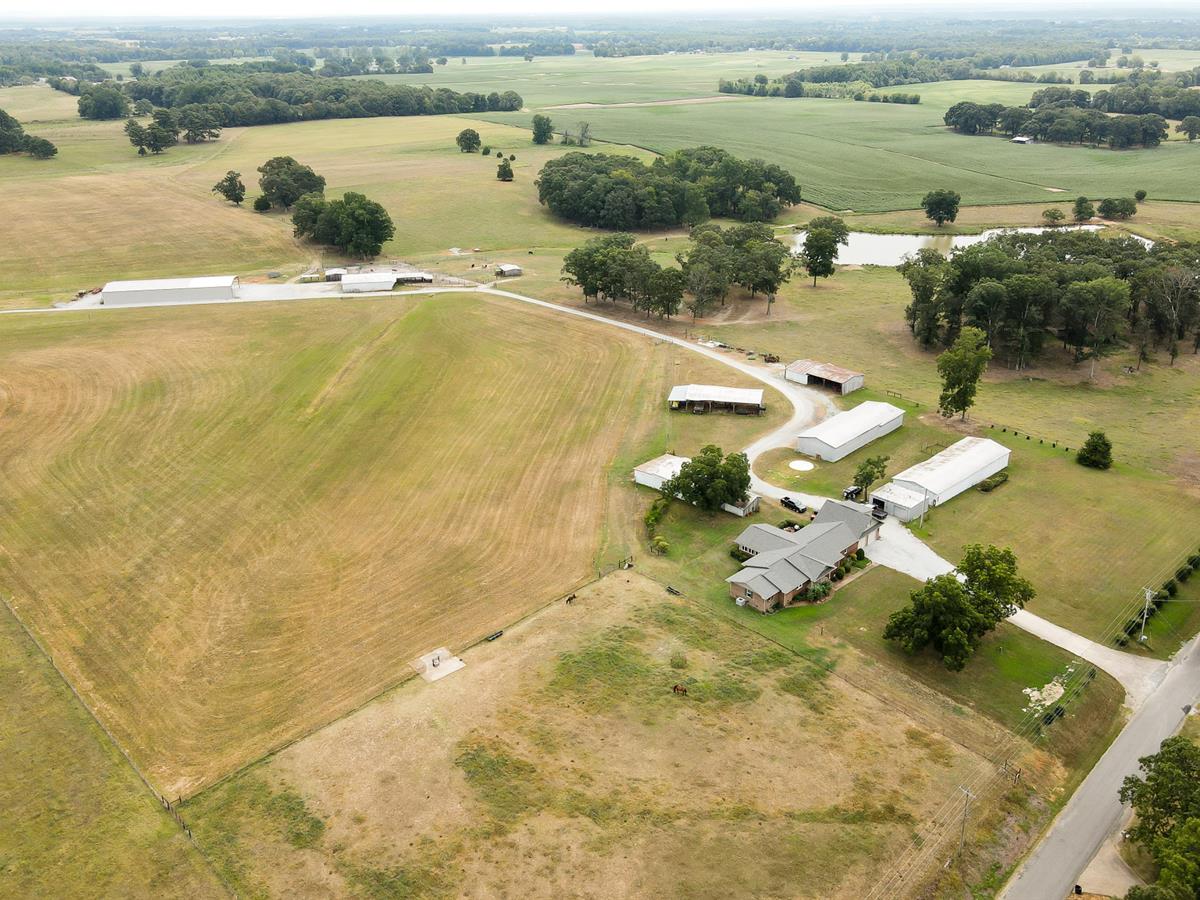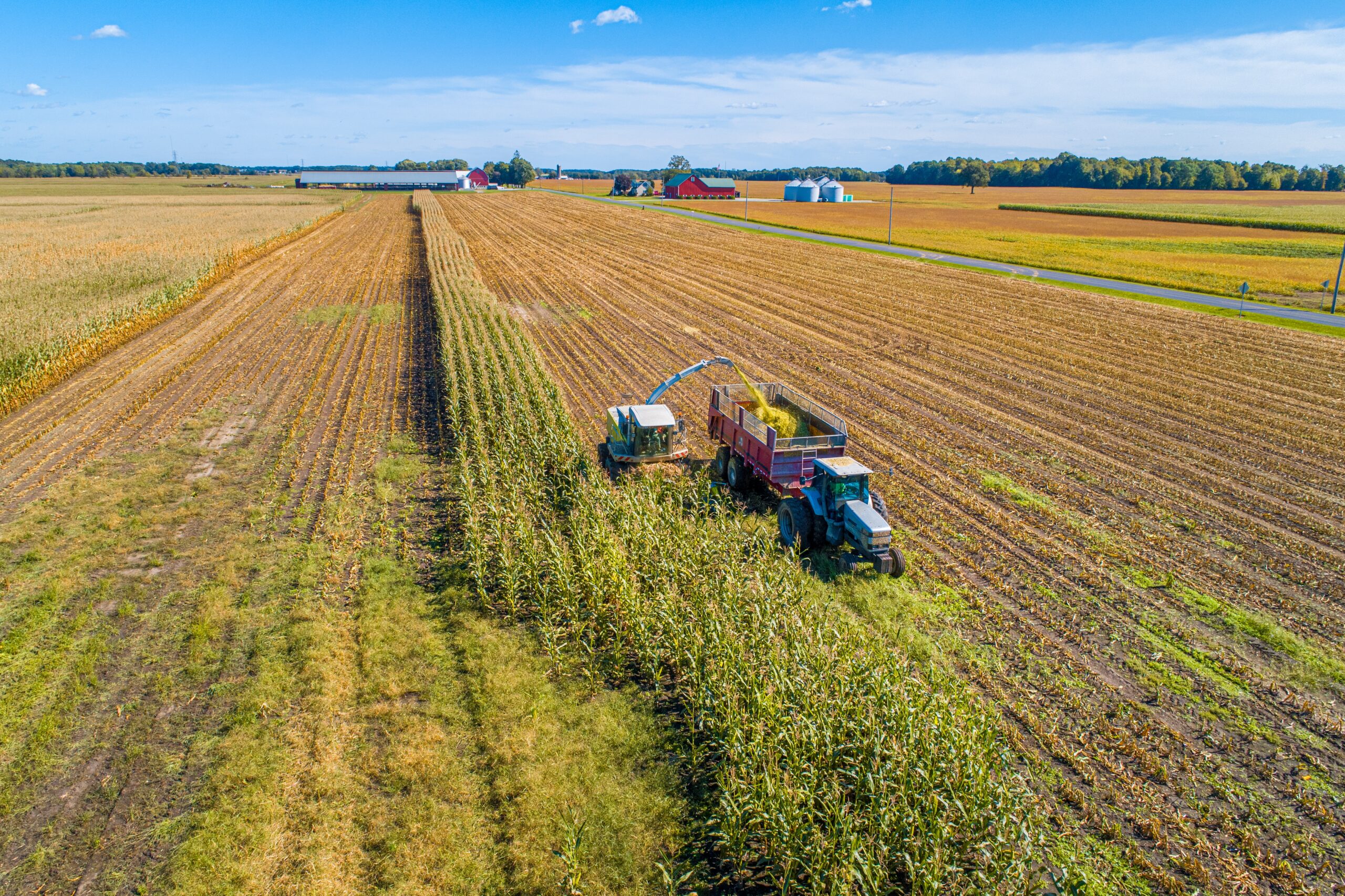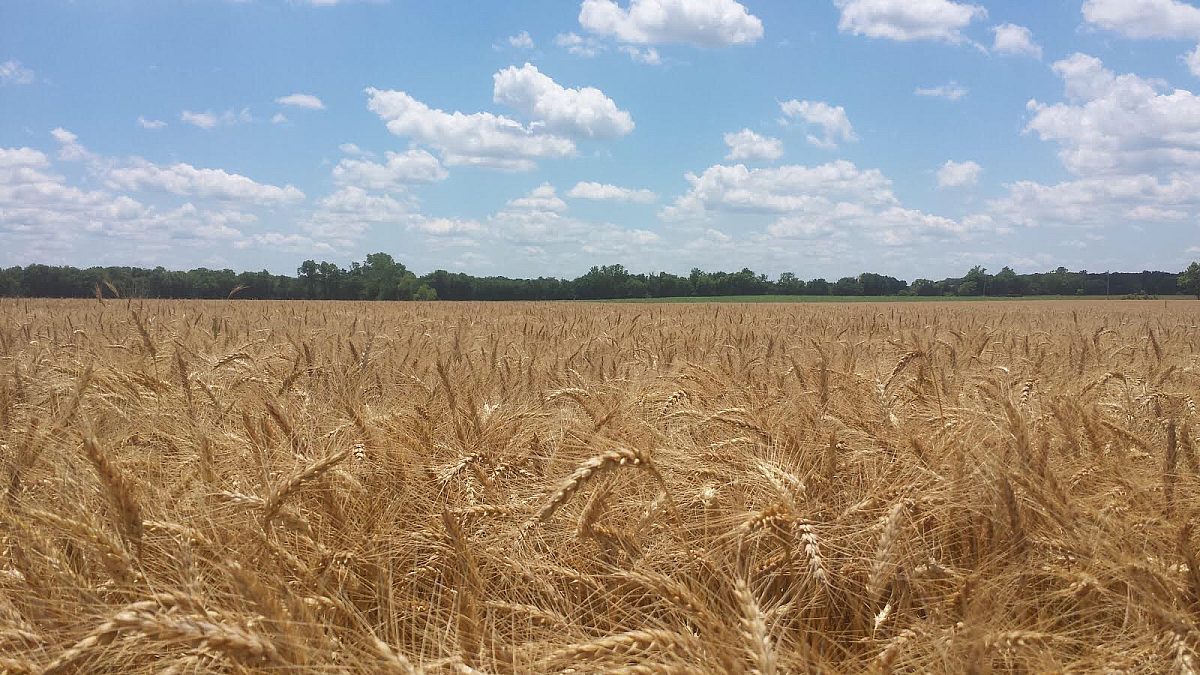Pondering the impact of price fluctuations and demand shifts on Alabama farm valuations reveals crucial insights for agricultural stakeholders.
Continue readingWhy Do Market Trends Affect Alabama Farm Appraisals?
Perceptive insight into market trends' impact on Alabama farm appraisals reveals vital considerations for buyers, sellers, and appraisers.
Continue reading3 Best Market Trends Impacting Alabama Farm Appraisals
Uncover how cutting-edge technology, shifting consumer preferences, and sustainability practices are reshaping Alabama farm appraisals, revolutionizing the industry.
Continue reading7 Best Methods for Determining Alabama Farm Valuations
Fathom the complexities of Alabama farm valuations using diverse methods like comparative analysis, income evaluation, and soil quality examination.
Continue readingWhy Are Alabama Farm Valuations Determined?
Honing in on Alabama farm valuations reveals a complex web of factors shaping agricultural landscapes and rural economies.
Continue readingStrategies for Assessing Alabama Farm Values
Tackle the complexity of evaluating Alabama farm values with strategic approaches that uncover the true worth – discover more insights ahead.
Continue readingKey Factors in Alabama Farm Valuations
Navigate the complex landscape of Alabama farm valuations by uncovering essential factors crucial for determining agricultural land worth.
Continue readingTop 10 Tips for Comparing Agricultural Land Values
Navigate the complexities of agricultural land valuation with the top 10 tips, starting with the letter 'N', to unlock strategic insights and maximize investment potential.
Continue readingWhat Factors Impact Agricultural Land Values in Alabama?
Year-round influences shape agricultural land values in Alabama, with a myriad of factors intertwining to determine the worth, showcasing a complex landscape awaiting exploration.
Continue readingInfluential Factors in Alabama Farmland Appraisals Explored
Uncover the essential factors shaping Alabama farmland values and discover how they impact property appraisals.
Continue reading